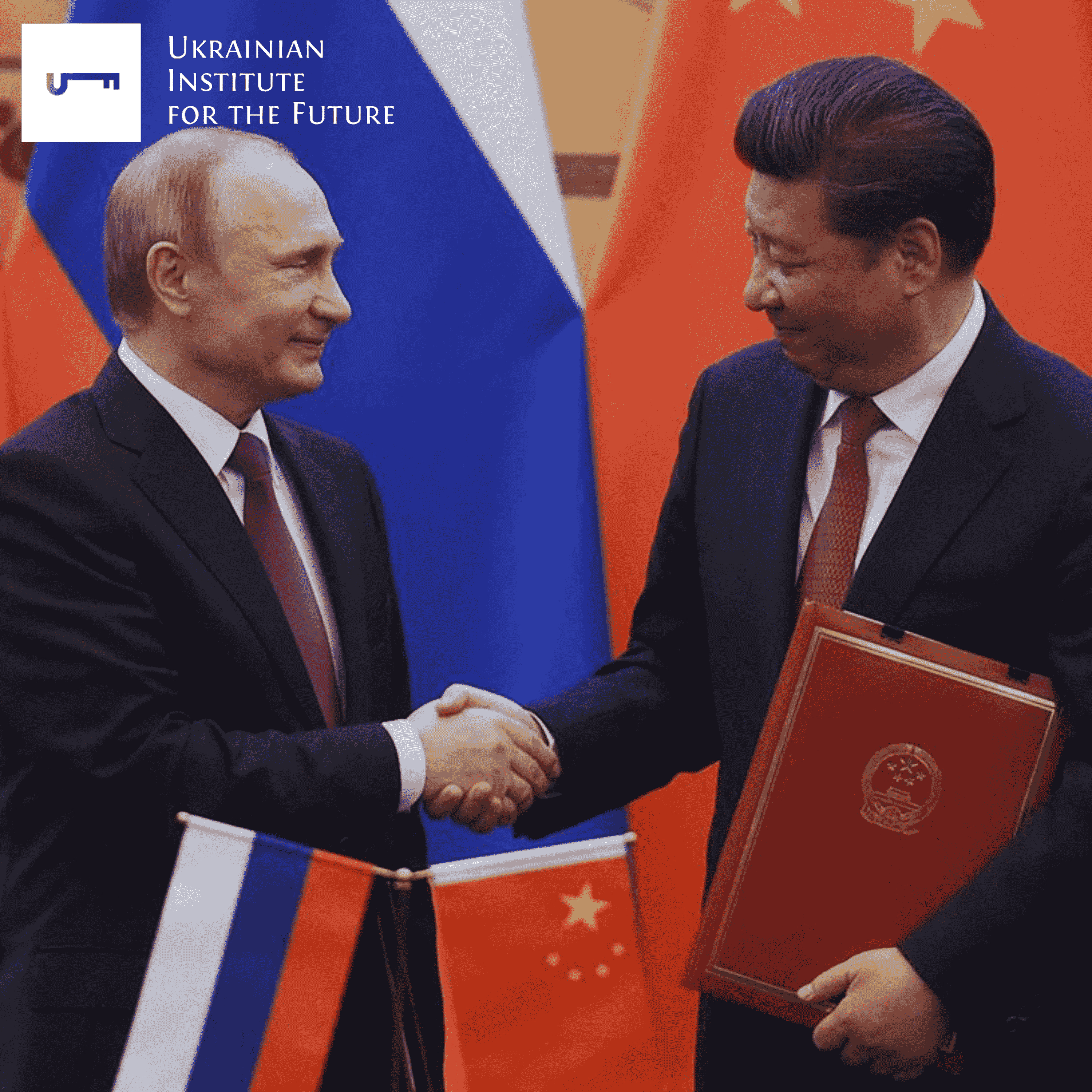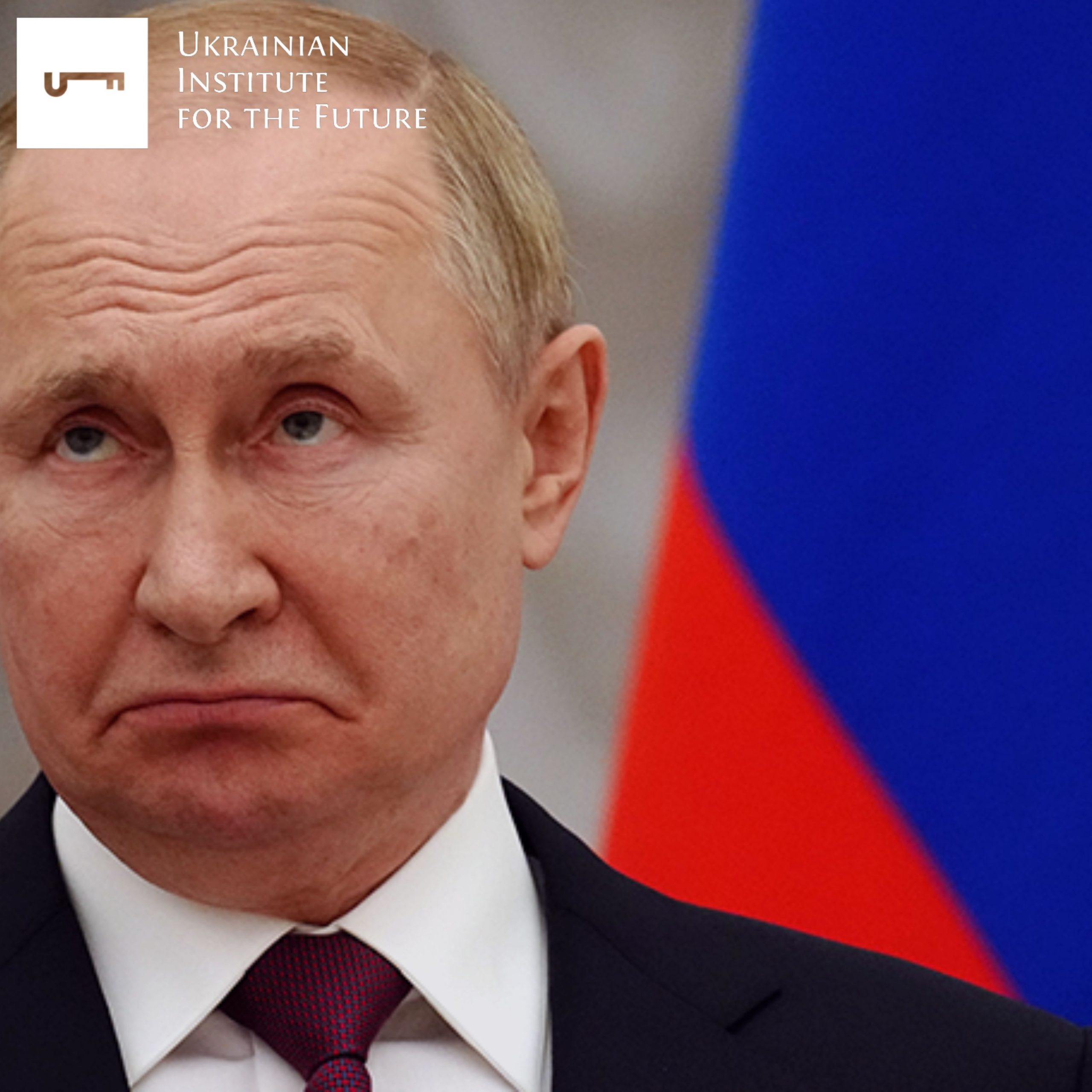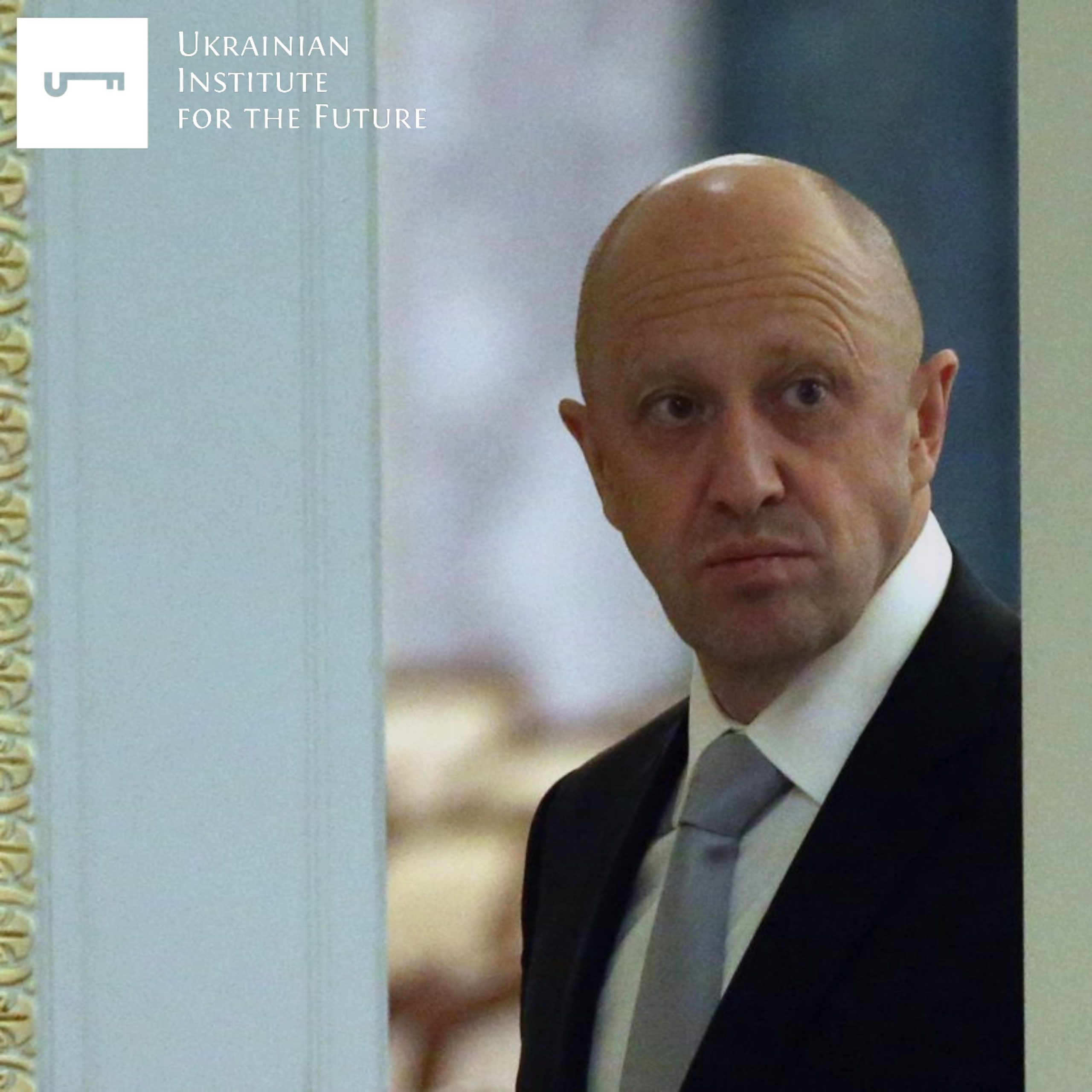Xi Jinping’s visit to Moscow ended with the Russian Federation’s capitulation in several sectors of partnership with China: trade, finance, energy, infrastructure, and logistics. Moreover, China has carved out a separate place in the upcoming negotiations on Ukraine. Moscow accepted China’s “peace plan” on Ukraine, which Beijing has been offering since February 24 in opposition to the United States and its allies. For Xi Jinping, this visit was a diplomatic and political victory. In addition, he used it to further strengthen his image as a constructive peace-making partner in contrast to the “militant and non-constructive USA”.
Xi Jinping’s visit to Russia was the first since 2019 and the first since his re-election as the head of the People’s Republic of China last month. The visit consisted of two parts: an informal one on March 20, during which he met V. Putin face-to-face, a formal one on March 21, during which all ceremonial and protocol procedures took place, and a meeting with V. Putin and M. Mishustin. According to the two leaders’ official statements and reports in the Russian and Chinese media, the visit ended in a diplomatic and political victory for China.
First, Russia agreed to increase the yuan’s share in bilateral trade, and the ruble was not even mentioned. The “yuanization” of the Russian economy is a trend that accelerated with the start of the war in Ukraine. Due to sanctions, Russia needs external financial assistance, and China uses this to tie Russia to itself even more closely.
Secondly, Russia agreed to China’s participation in critical projects to develop the Northern Route in the Arctic. While Russia is under Western sanctions and cannot attract foreign capital to these projects, the PRC gets the opportunity to become the sole monopolist in these strategic development programs (if they are implemented to the end), allowing them to control alternative transport corridors in the future.
Thirdly, Russia has committed to further increasing gas supplies to China by up to 200 billion cubic meters by 2030 and increasing LNG exports. In fact, Russia is becoming the primary source of energy for the PRC, and at the same time, it will depend on China as the primary buyer in conditions where energy ties with the West are breaking.
Fourth, Russia effectively agreed that the PRC would have an essential voice in any peace talks on Ukraine and agreed to the fundamental principles outlined in the PRC declaration on Ukraine on February 24. Although China does not yet have a clear “peace plan”, only a 12-point declaration, the very fact that the Kremlin “adopted it as a basis” indicates that Beijing has been allowed to include its interests in any post-war agreements on Ukraine and not necessarily taking into account Russian interests. Therefore, China becomes a potential participant in the negotiations on Ukraine through a situational partnership with Russia.
At the global level, the Chinese leader used the visit to the Russian Federation to promote his image as a country that plays a more constructive peacekeeping role and seeks to speak on behalf of the countries of the Global South. This image, which the Chinese began to form on February 24 after the publication of the declaration on Ukraine, is being promoted in opposition to the United States. In other words, for Xi Jinping, this visit was a component of his ideological discursive war with the US, in which Russia and Putin act as instruments.




